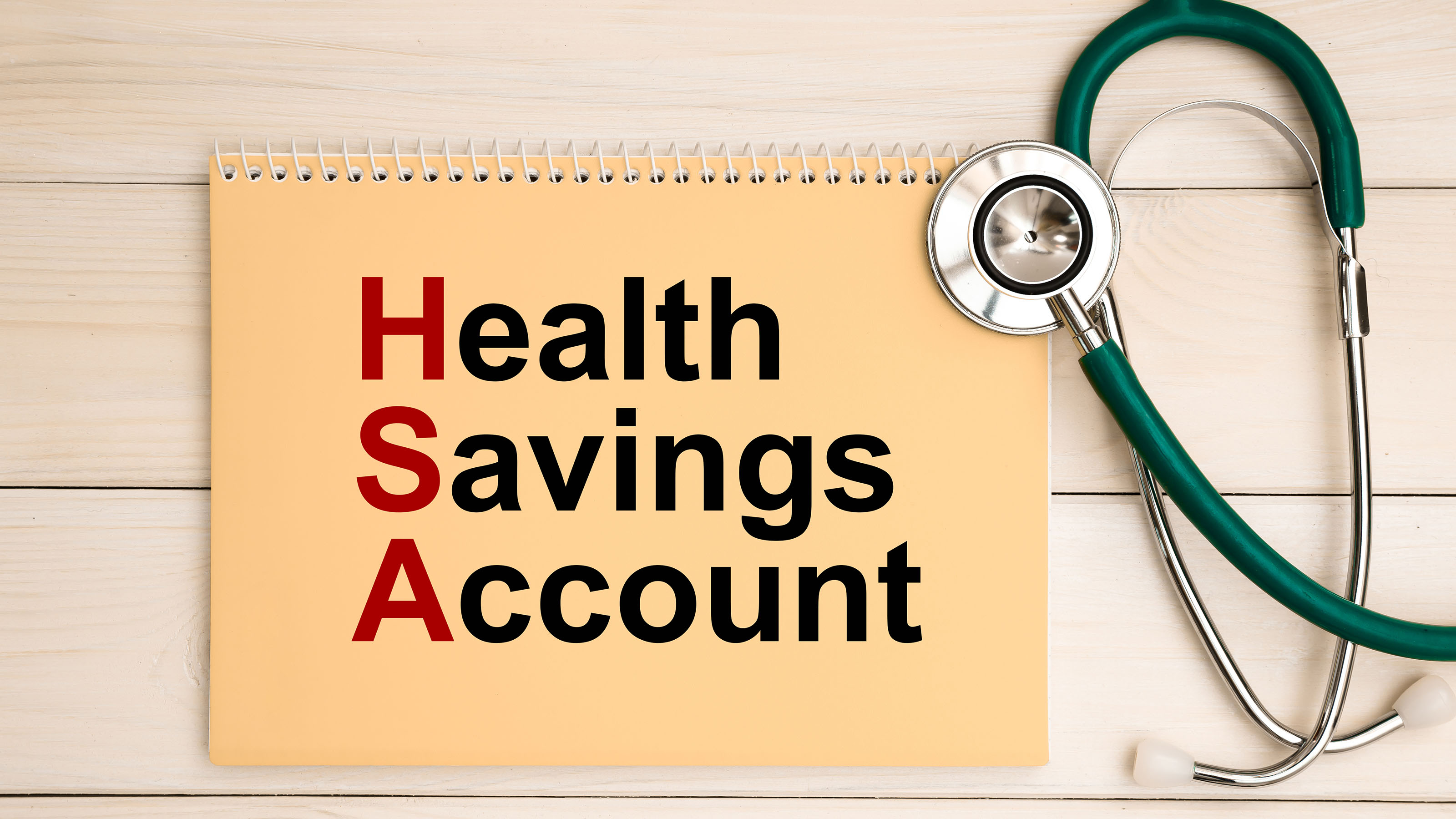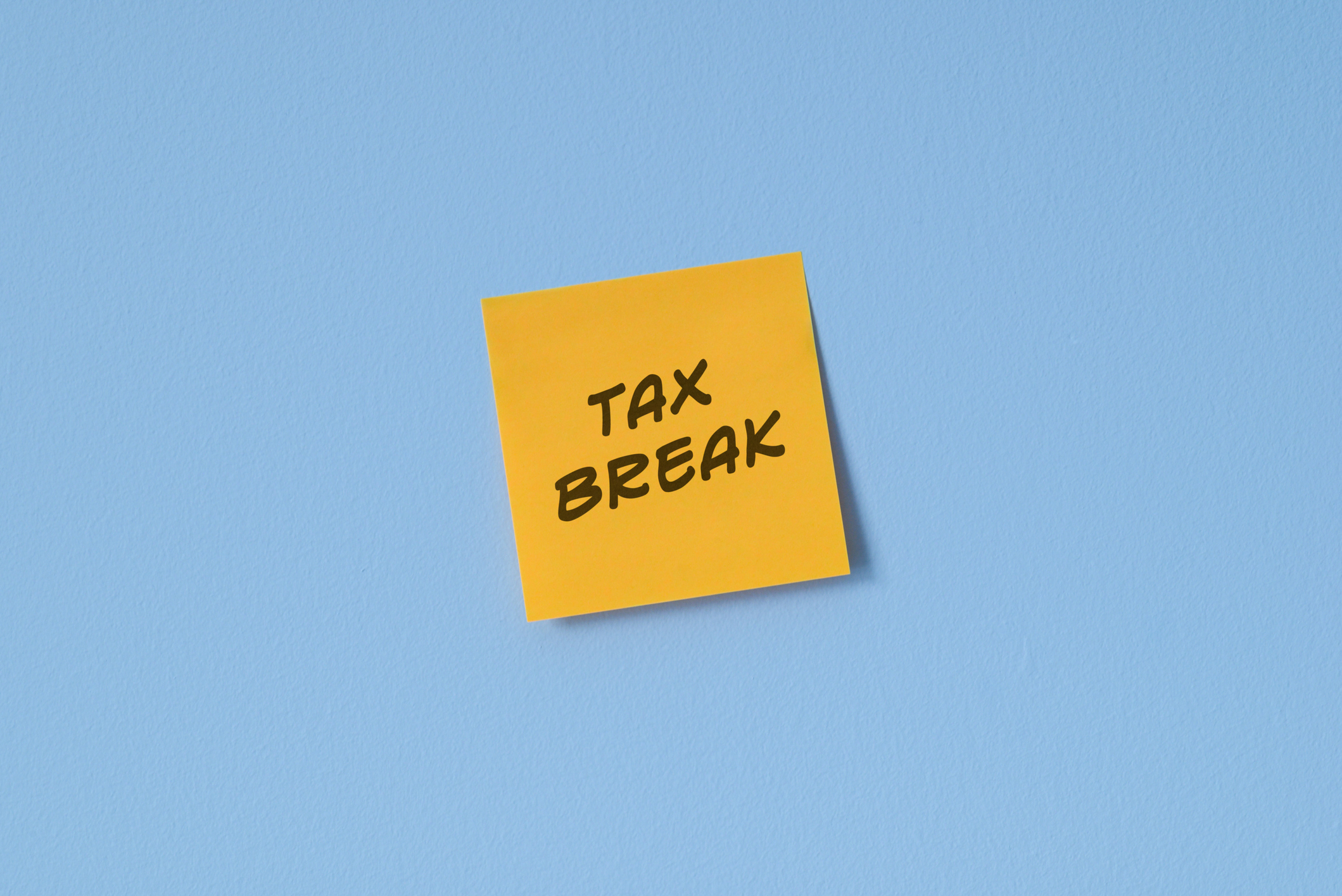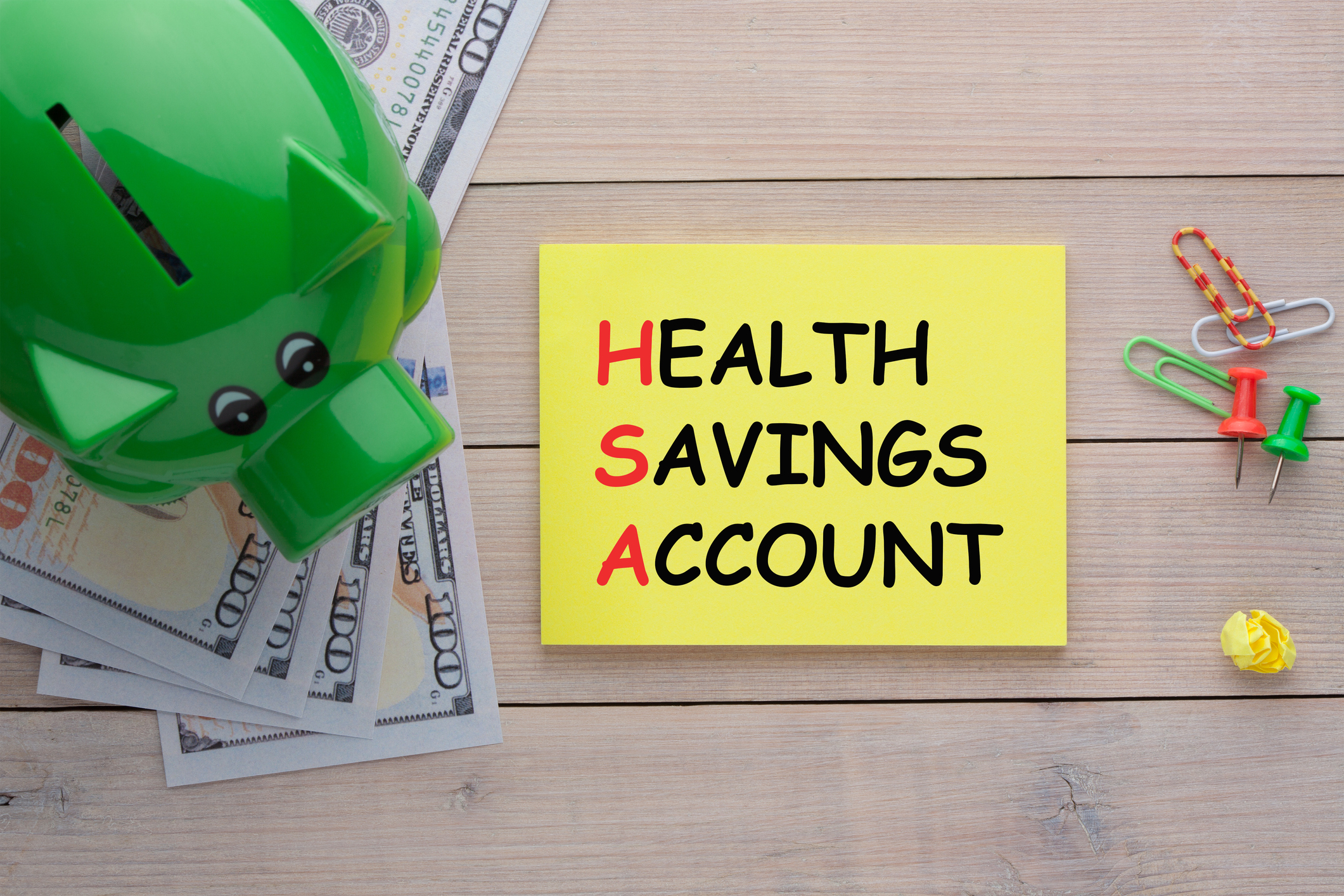10 Things You Need to Know About Health Savings Accounts
If you don’t have many medical expenses now, you’ll be able to benefit even more from the tax advantages of an HSA in the long term.


Profit and prosper with the best of Kiplinger's advice on investing, taxes, retirement, personal finance and much more. Delivered daily. Enter your email in the box and click Sign Me Up.
You are now subscribed
Your newsletter sign-up was successful
Want to add more newsletters?
If you have low medical costs right now, it could be the prime time to supercharge a health savings account, or HSA — one of the smartest long-term moves for your money. You get an immediate tax break on every contribution, your savings grow completely tax-free and you can pull funds out of your HSA tax-free for qualified medical expenses anytime. Think of it as building a tax-advantaged health fund that keeps working for you even decades from now in retirement.
Here are some things you may not know about HSAs, as well as some strategies to make the most of these plans.

1. HSAs are not use-it-or-lose it
Unlike flexible-spending accounts (FSAs), which are generally subject to a "use-it-or-lose-it" rule, there is no time limit on when you can spend the funds in an HSA. You can use the money tax-free for medical expenses anytime, even after retirement. In fact, you’ll get a bigger benefit from an HSA if you use other cash to pay for current out-of-pocket medical bills and leave the money growing in the account for the long term.

2. HSAs can provide more tax breaks than 401(k)s
An HSA offers a triple tax break: Your contributions are tax-deductible (or pretax if made through payroll deductions), the money grows tax-deferred and withdrawals used to pay for medical expenses are tax-free. With a 401(k), you’ll get a tax break for your contributions but then have to pay income taxes on withdrawals.
In fact, some people value the tax benefits of an HSA so much that they make funding the account a top priority. They first contribute enough to their 401(k) to get their employer match — after all, that’s free money — and then put in the maximum amount allowed in an HSA.
For 2026, the contribution limits for HSA accounts are $4,400 for individuals (self-only coverage) and $8,750 for family coverage. Also, individuals age 55 and older can make a catch-up contribution of $1,000, which is unchanged from previous years, regardless of coverage type. That brings the totals to $5,400 for self-only or $9,750 for family coverage for anyone over age 55.
These 2026 adjustments indicate the IRS's efforts to keep pace with inflation, which can help individuals save for medical expenses in a more tax-efficient way.

3. You can invest the HSA money in mutual funds
You’re not limited to a money market or other cash account in an HSA. Some people keep enough money to cover the current year’s deductible in a money market account — if they don’t have other cash to cover it — and then invest the rest in mutual funds to grow over the long term. Many banks, brokerage firms, and other HSA administrators offer a choice of mutual funds. See HSAsearch.com for a list.

4. Your boss may give you extra money to participate
Many employers try to steer workers to high-deductible health plans with HSAs, hoping it will encourage them to become better health care shoppers. Some employers even contribute to workers’ accounts or match employee contributions as an incentive.
Based on the most recent data from the 2025 Employer-Sponsored Health Benefits Survey by the International Foundation of Employee Benefit Plans (IFEBP), the average employer contribution to Health Savings Accounts (HSAs) was approximately $927 per account, among those employees receiving contributions in 2025. Your boss may contribute even more money if you participate in a wellness program.

5. You can open an HSA even if it isn't offered by your employer
You can contribute to an HSA as long as you have an HSA-eligible health insurance policy with a deductible of at least $1,700 for single (self-only) coverage or $3,400 for family coverage — whether you get your insurance from your employer or on your own. Keep in mind that contributions for the year can be made up to April 15 of the following year, and they're prorated if you're eligible for only part of the year. These minimum deductible thresholds are set by the IRS(pdf) for 2026.
Please note that this covers the minimum deductible needed for a plan to qualify as a high-deductible health plan (HDHP) eligible for HSA contributions.
By staying with your employer’s plan, you may even get some extra perks, such as an employer match, payroll deduction and access to certain HSA administrators. But if your employer doesn’t offer an HSA, or if its plan has high fees and few investing choices, you can open an account with any administrator. See HSASearch.com for a list of plans, features and costs. If your coverage changes mid-year or you have a COBRA or Marketplace plan, reach out to a tax advisor for confirmation.

6. HSA money can be used for even more expenses after retirement
Once you sign up for Medicare, you’re no longer allowed to contribute to an HSA. But you can still use the tax-free money for a wide range of medical bills, including deductibles, co-pays, and other medical expenses that aren’t covered by insurance, such as vision and dental care.
In 2026, HSA dollars can cover a chunk of long-term-care insurance premiums tax-free, based on your age — up to $1,860 if you’re 51–60, $4,960 if you’re 61–70, and as much as $6,200 if you’re over 70, per the IRS.
The money can be used to pay premiums for Medicare Part B and Part D prescription-drug coverage, or a Medicare Advantage plan (but not for Medigap premiums). And after age 65, you can pull money out for non-medical expenses without having to pay a 20% penalty, although you’ll have to pay income taxes on the withdrawals.

7. You may be able to continue contributing to an HSA beyond age 65
Some people who are still working at age 65 choose to delay signing up for Medicare Part A and Part B so they can continue making HSA contributions, especially if they get an employer match. However, you may not be able to delay Medicare enrollment if you work for an employer with fewer than 20 employees or if you sign up for Social Security and are automatically enrolled in Medicare.


9. You may be able to have both an FSA and an HSA
You generally can’t stash money in both an HSA and a flexible spending account (FSA) in the same year, but more employers are starting to offer limited-purpose FSAs that cover only certain expenses, such as dental and vision costs. But the FSA must be specifically designated as an “HSA-compatible FSA.”
The money is tax-free only for dental and vision expenses until you reach your health insurance plan’s deductible. After that, you can transfer the money to a regular FSA, which can be used tax-free for any out-of-pocket medical expenses.

10. You have an unlimited amount of time after you pay for medical expenses to reimburse yourself
If you’re paying current medical expenses with cash rather than tapping your HSA account, hold onto the receipts and withdraw the money for those expenses tax-free at any time, even years in the future. Your insurer may even have an expense tracker that lets you upload your medical receipts and mark whether you paid the bill from your HSA or other sources, which you can use as evidence of payment later.
Final word
Health savings accounts (HSAs) deliver tax advantages unmatched by other savings plans, such as deductible contributions, tax-free growth and tax-free withdrawals for qualified medical expenses — forever. Funds roll over indefinitely, cover long-term care premiums and build wealth tax-free.
Plus, if you have an eligible plan, consider maxing out your HSA now. It's one of the best ways to protect your future health and finances. Talk to a tax advisor and start building that tax-advantaged health fund today.
Related Content
Profit and prosper with the best of Kiplinger's advice on investing, taxes, retirement, personal finance and much more. Delivered daily. Enter your email in the box and click Sign Me Up.

As the "Ask Kim" columnist for Kiplinger's Personal Finance, Lankford receives hundreds of personal finance questions from readers every month. She is the author of Rescue Your Financial Life (McGraw-Hill, 2003), The Insurance Maze: How You Can Save Money on Insurance -- and Still Get the Coverage You Need (Kaplan, 2006), Kiplinger's Ask Kim for Money Smart Solutions (Kaplan, 2007) and The Kiplinger/BBB Personal Finance Guide for Military Families. She is frequently featured as a financial expert on television and radio, including NBC's Today Show, CNN, CNBC and National Public Radio.
- Kathryn PomroyContributor
- Donna LeValleyRetirement Writer
-
 4 High-End Experiences Worth the Splurge After 50
4 High-End Experiences Worth the Splurge After 50These curated date ideas provide the perfect backdrop for couples ready to enjoy the very best that the world has to offer.
-
 Health Care Stocks Have Sagged. Can You Bet on a Recovery?
Health Care Stocks Have Sagged. Can You Bet on a Recovery?The flagging health care sector has perked up a bit lately. Is it time to invest?
-
 Costco's Auto Program: Can Membership Pricing Really Save You Money on a Car?
Costco's Auto Program: Can Membership Pricing Really Save You Money on a Car?Costco's Auto Program can simplify the car-buying process with prearranged pricing and member perks. Here's what to know before you use it.
-
 States That Tax Social Security Benefits in 2026
States That Tax Social Security Benefits in 2026Retirement Tax Not all retirees who live in states that tax Social Security benefits have to pay state income taxes. Will your benefits be taxed?
-
 What to Do With Your Tax Refund: 6 Ways to Bring Growth
What to Do With Your Tax Refund: 6 Ways to Bring GrowthUse your 2024 tax refund to boost short-term or long-term financial goals by putting it in one of these six places.
-
 What Does Medicare Not Cover? Eight Things You Should Know
What Does Medicare Not Cover? Eight Things You Should KnowMedicare Part A and Part B leave gaps in your healthcare coverage. But Medicare Advantage has problems, too.
-
 12 Great Places to Retire in the Midwest
12 Great Places to Retire in the MidwestPlaces to live Here are our retirement picks in the 12 midwestern states.
-
 15 Cheapest Small Towns to Live In
15 Cheapest Small Towns to Live InThe cheapest small towns might not be for everyone, but their charms can make them the best places to live for plenty of folks.
-
 15 Reasons You'll Regret an RV in Retirement
15 Reasons You'll Regret an RV in RetirementMaking Your Money Last Here's why you might regret an RV in retirement. RV-savvy retirees talk about the downsides of spending retirement in a motorhome, travel trailer, fifth wheel, or other recreational vehicle.
-
 The 24 Cheapest Places To Retire in the US
The 24 Cheapest Places To Retire in the USWhen you're trying to balance a fixed income with an enjoyable retirement, the cost of living is a crucial factor to consider. Is your city the best?
-
 The Six Best Places to Retire in New England
The Six Best Places to Retire in New Englandplaces to live Thinking about a move to New England for retirement? Here are the best places to land for quality of life, affordability and other criteria.
